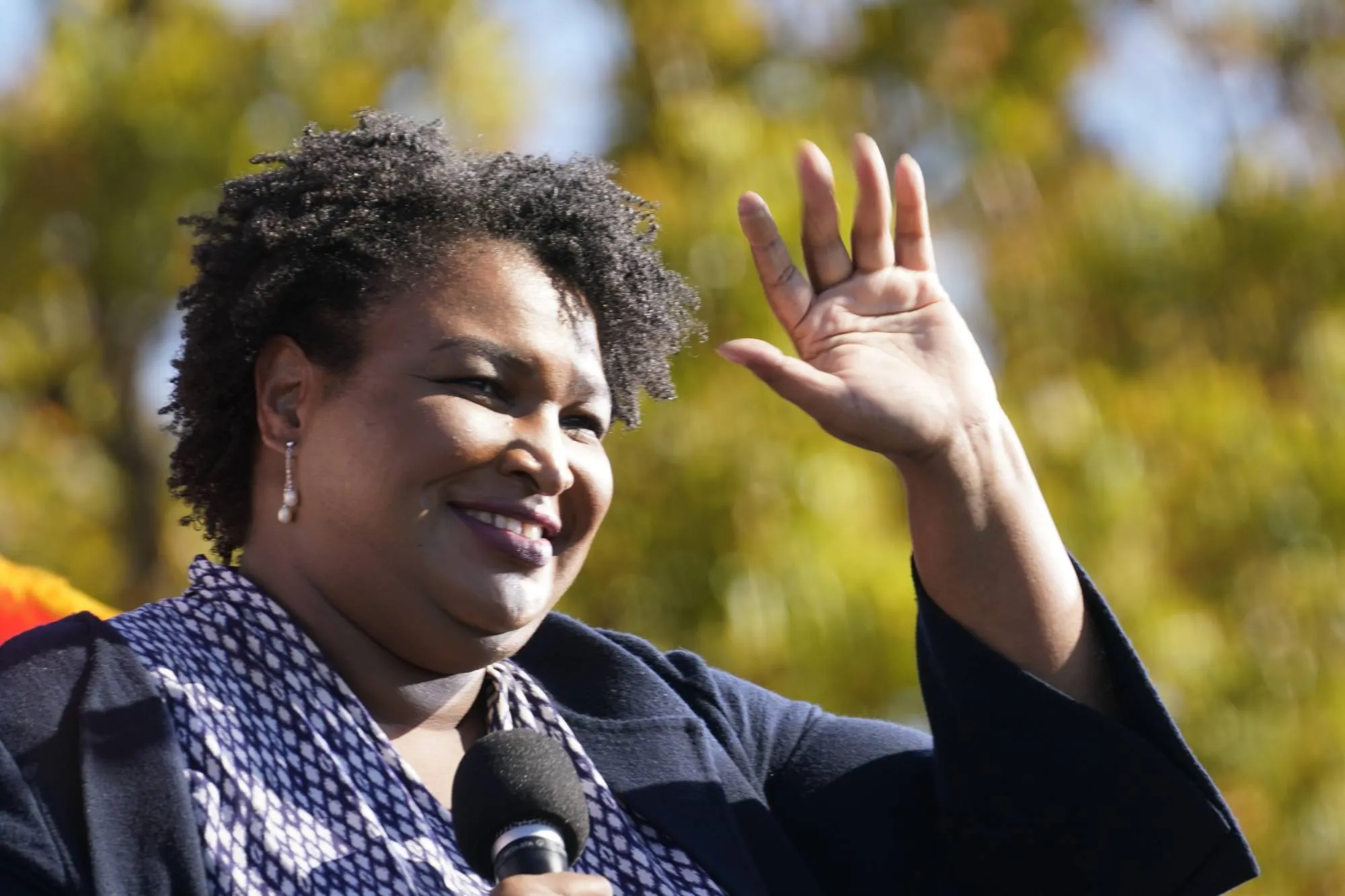Stacey Abrams: The Resilient Force in Georgia’s Political Landscape
Stacey Abrams, born on December 9, 1973, has emerged as a pivotal figure in Georgia politics and a national symbol of resilience and advocacy. As a prominent American politician, lawyer, voting rights activist, and author, Abrams has dedicated her career to fighting for equitable access to the ballot box. Her journey through the political landscape of Georgia has been marked by historic milestones, significant challenges, and an unwavering commitment to civic engagement.
A Historic Nominee
In 2018, Abrams made history by becoming the first African-American female major-party gubernatorial nominee in U.S. history. Her candidacy for governor of Georgia was not just a personal ambition; it represented a broader movement towards inclusivity and representation in politics. Despite a narrow loss to Republican candidate Brian Kemp, Abrams’s campaign ignited a passion for political engagement among many Georgians, particularly within the Black community.
Advocacy Against Voter Suppression
Following her gubernatorial run, Abrams founded Fair Fight Action, an organization aimed at combating voter suppression. Her advocacy has been instrumental in raising awareness about the challenges faced by voters, particularly in marginalized communities. “Voter suppression is a threat to our democracy,” Abrams stated in a recent interview, emphasizing the need for continued vigilance and action. Her efforts have significantly influenced voter turnout in Georgia, making her a key player in the state’s political dynamics.
Impact on the 2020 Election
Abrams’s influence was particularly evident during the 2020 presidential election, where she played a crucial role in helping Joe Biden secure a victory in Georgia. Her grassroots mobilization efforts were pivotal in turning the state blue, a feat that had not been accomplished by a Democratic presidential candidate since 1992. Additionally, her work contributed to the Democratic victories in the subsequent U.S. Senate elections, which ultimately led to a Democratic majority in the Senate.
The 2022 Gubernatorial Rematch
In 2022, Abrams faced Kemp again in a highly anticipated rematch. However, this time, she lost by a larger margin than in 2018, raising questions about her political viability and strategy moving forward. Despite her previous successes, the outcome of the gubernatorial election highlighted the complexities of Georgia’s evolving political landscape. Critics have pointed to her campaign’s challenges, including fundraising difficulties and shifting voter sentiments.
Fundraising Challenges
From 2018 to 2022, Abrams raised over $460 million for her campaigns and initiatives, showcasing her ability to galvanize support. However, as the 2024 elections approach, her fundraising efforts have significantly diminished, with reports indicating less than $4 million raised so far. This decline poses a challenge for her future endeavors and reflects the shifting dynamics within the Democratic Party.
National Recognition and Cultural Influence
Abrams’s impact extends beyond Georgia; she has garnered national acclaim as a leading figure in the Democratic Party. Her name was even floated as a potential running mate for Joe Biden during his presidential campaign. Moreover, she has been credited with energizing and mobilizing Black voters in Georgia, fostering a new generation of political engagement among young people. “We must ensure that every voice is heard and every vote is counted,” Abrams has often reiterated, underscoring her commitment to civic engagement.
Facing Criticism and Challenges
Despite her achievements, Abrams has faced criticism regarding her claims of voter suppression affecting her electoral outcomes. Some experts argue that evidence for widespread suppression is inconclusive, leading to debates about the validity of her assertions. Nevertheless, her advocacy has sparked important conversations about voting rights and the need for reform in Georgia and beyond.
Public Perception and Future Prospects
While Abrams remains a significant figure within the Democratic Party, recent polls indicate that her popularity has waned compared to previous years. This decline complicates her political future, especially as Georgia continues to be a battleground state with shifting demographics. Her ability to connect with diverse voter groups will be critical for future Democratic campaigns, as the party seeks to maintain its foothold in the state.
Conclusion
Stacey Abrams’s journey through Georgia politics is a testament to her resilience and dedication to fighting for voting rights. From her historic gubernatorial run to her advocacy against voter suppression, she has left an indelible mark on the political landscape. As she navigates the challenges ahead, her commitment to civic engagement and empowering underrepresented communities will remain central to her mission. The future of Georgia politics may very well hinge on the continued efforts of leaders like Abrams, who strive to ensure that democracy is accessible to all.






Leave a Comment